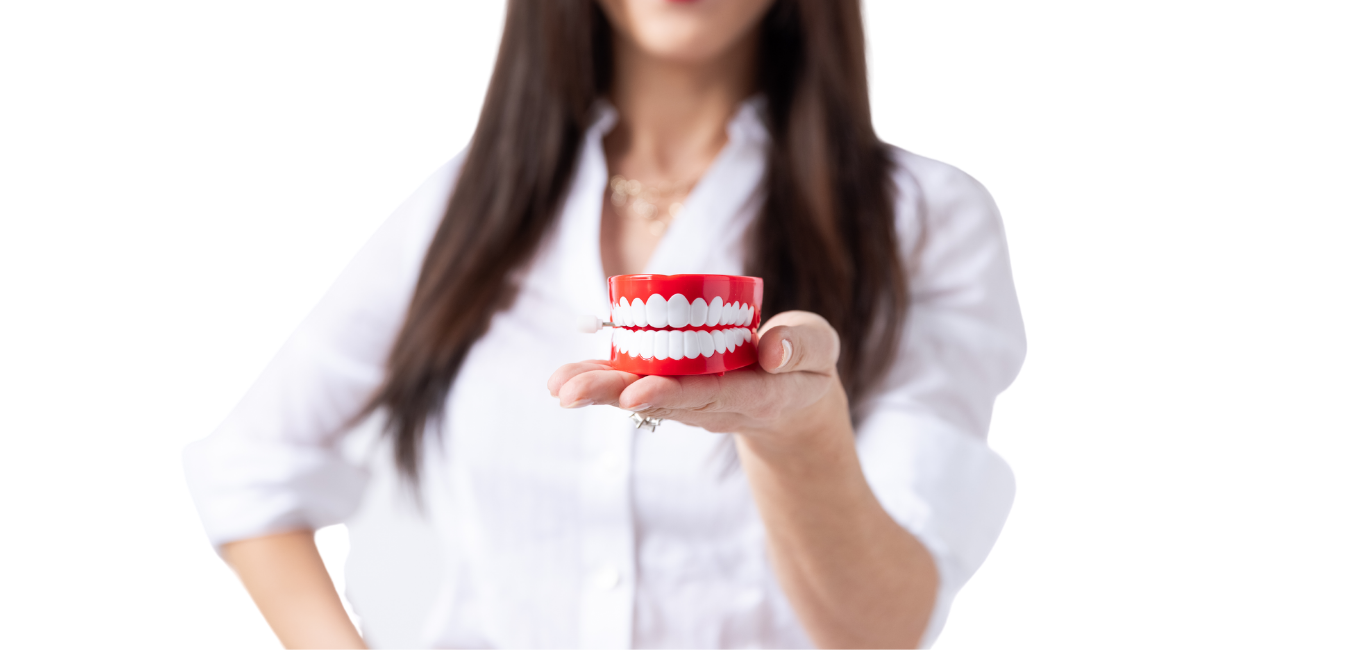You’re starting to worry about that nagging ache in your tooth. You hoped it would go away on its own, but it has stubbornly stuck around. Could it be a sign that you have a cavity?
A cavity refers to a hole that develops in a tooth; it’s often the result of exposure to acidic, sugary, or starchy foods. Once a cavity forms, the only way to repair it is by scheduling a restorative dental treatment.
Now that you know what causes cavities, you’re probably wondering how best to prevent them. Take note of these oral health tips to protect your teeth from erosion:
Stay Hydrated
You’ve been told to drink water for all sorts of reasons—it’s good for your skin, it wards off dehydration, and it acts as fuel for your body. But did you know that it’s also good for your teeth?
The saliva in our mouths protects our teeth from acids, bacteria, and sugary foods; it washes away these harmful substances. If our mouths are dry, bacteria sit on the teeth and erode the enamel. It’s a good idea to rinse your mouth with water after you eat or drink.
Drinking water not only cleans our teeth, but it also boosts our saliva production. Try to up your water intake to stay properly hydrated.
Visit The Dentist Regularly
Cavities that go undetected will continue to damage your teeth. If bacteria reach the innermost layers of the tooth, you may require a root canal to repair it.
So, how do you stop this from happening? It starts with regular dental cleanings. During these appointments, your dentist can detect early signs of cavities and stop them in their tracks. They can remove any plaque or tartar that has built up on the teeth. Your dentist can also apply a fluoride treatment; this mineral strengthens your teeth and shields the enamel from bacteria.
We suggest visiting the dentist at least once every six months to keep your teeth in top shape.
Watch What You Eat
Why is it that the tastiest foods tend to be the most harmful to our teeth? As unfair as it might be, it’s important to monitor our intake of sugar if we want to avoid cavities.
A few main culprits for cavities include:
- Sugary fruit juices
- Candy
- Alcohol
- Coffee
- Tomato sauce
- Citrus
- Sodas & carbonated water (even the sugar-free kind!)
You’ll notice a common theme throughout this list: foods that are high in sugar and acid cause more problems for your teeth.
Some foods are better for your teeth than others. For example, chewing on cheese can balance the pH level in your mouth. Eating crunchy vegetables can scrub the surfaces of your teeth and dislodge bits of food wedged between them.
Life is a balance between doing the things we love and making healthy choices for our bodies. There’s nothing wrong with enjoying these foods in moderation. But after consuming them, be sure to rinse your mouth with water, and follow it up by brushing your teeth.
Ask About Dental Sealants
It seems that some teeth in our mouth are more prone to developing cavities than others. The molars in the back of our mouths have deep fissures on the chewing surfaces that help us break down tough and crunchy foods. But they’re also a prime spot for the growth of bacteria.
Molars are some of the most important teeth in our mouths. To keep them cavity-free, you can ask your dentist about applying a dental sealant. Sealants are plastic coatings that protect the deeper pits of your teeth.
Brushing, Flossing & Mouth Washing
You’ve heard it all before—remember to brush twice a day, and floss once a day! But there’s a reason why this mantra is repeated so often: it’s one of the best ways to prevent cavities.
And yes, flossing is important. Your toothbrush only scrubs the outside layers of the teeth; it can’t clean the spaces between them. For that, you’ll need to go in with a string of floss.
After you’re finished, follow it up with a swish of antibacterial mouthwash. This will leave your teeth squeaky clean and smelling fresh.
One of the signs of tooth sensitivity is a burning sensation when you use mouthwash with alcohol. If this causes you pain or discomfort, you can switch to an alcohol-free formula.
The fewer cavities you develop, the better; it will save you on trips to the dentist, and from experiencing pain or sensitivity. With these tips, you can improve your dental hygiene. The next time you have a cleaning, your dentist will give you a clean bill of health.

